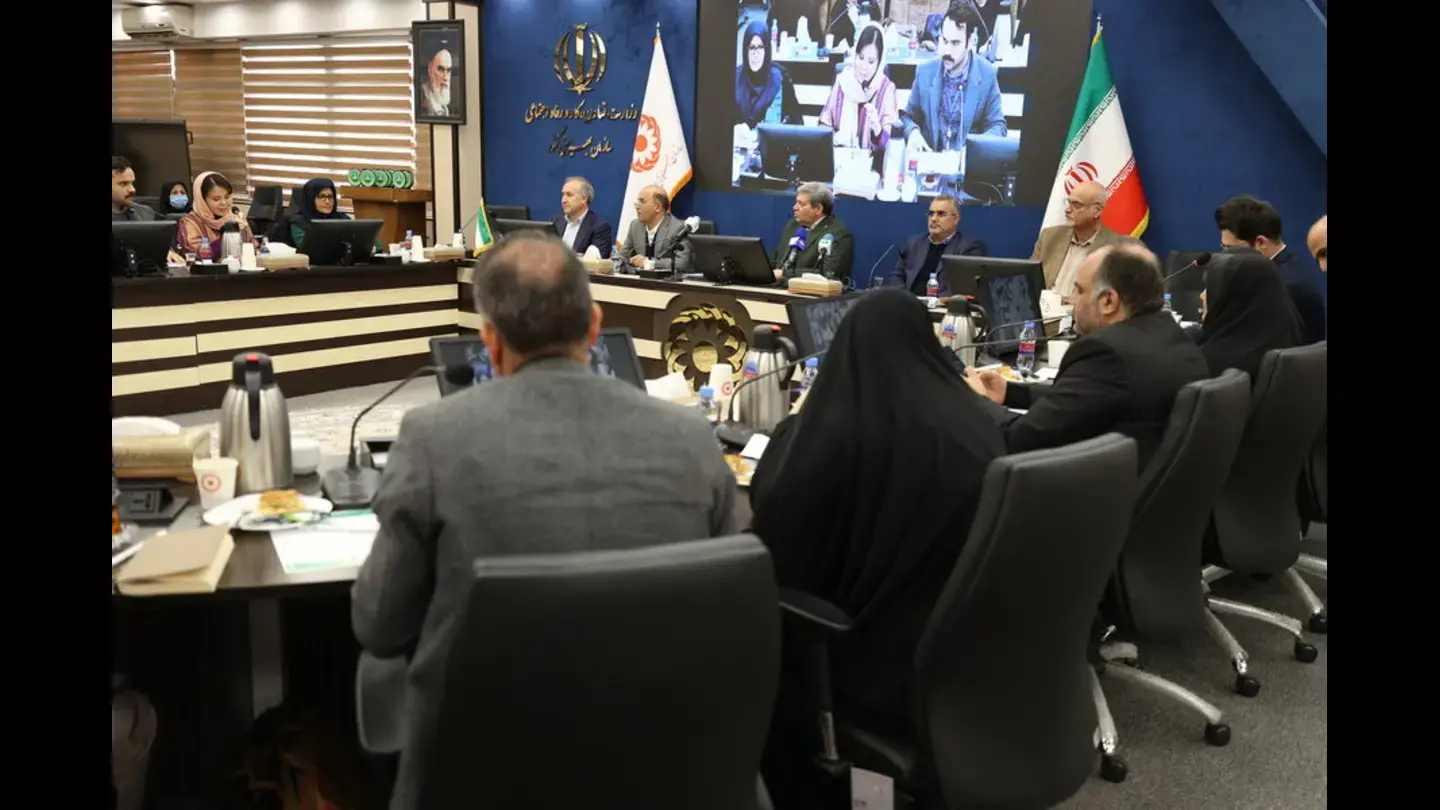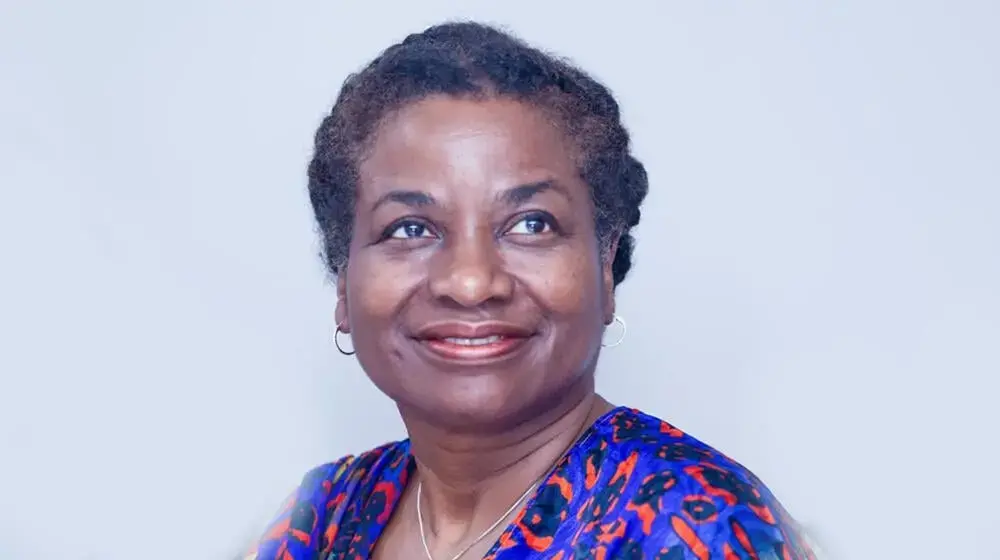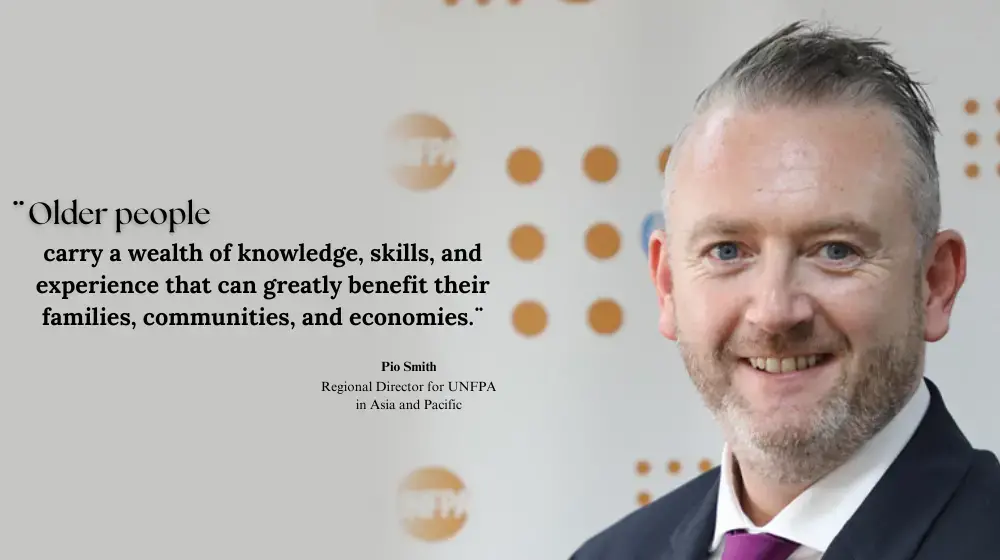“A majority of aged females are household heads”
Tehran, October 05- On the occasion of the Elderly Week in Iran starting on 1st October, the Int’l Day of Older Persons, a high level meeting was organized by the State Welfare Organization (SWO) to discuss the status of elderly women in Iran and discuss the issues and challenges related to this population.
Attending the meeting were Vice President Ms. Mowlaverdi, Department of Women and Family Affairs, Anoushiravan Mohseni Bandpey, Head of SWO, Farid Barati, Head of the Elderly Council, Hossein Nahvinejad, Deputy of Rehabilitation in SWO, Narjes Khalaj, Deputy of Women and Family Affairs in SWO and Soudabeh Ahmadzadeh, Assistant Representative of UNFPA.
Mowlaverdi, in her remarks, stated that currently women elderly population is close to outnumber men and added: “The result is a higher number of aged women living in elderly homes requiring particular care and attention.”
Mowlaverdi then concluded that: “Given the current situation, coordination between responsible organizations is absolutely needed to come up with a comprehensive road map to address health, social and economic needs of this group.”
Mohseni Bandpey also referred to ageing as an inevitable phenomenon which is happening and emphasized on the importance of preparation and coordination between all organizations to turn upcoming challenges into opportunities.
He explained: “SWO has clean cut strategies at hand; the Elderly Rights Protection bill is drafted and ready to be handed for approval. The first step would be to change the society’s view on the matter. We are also facing feminization of ageing. Female elderly are still full of potential and knowledge to be used in the society. Our strategy is to empower them through social and additional insurance coverage.”
Dr. Nahvinejad on the other hand touched on more social aspects of the elderly’s life and said: “The social taboo of elderly marriage needs to be changed in order to help them overcome their isolation and depression and prevent feminized poverty.”
Currently more than 73% of male elderly are living in their own residence while this is only 27% for females. On the matter, Khalaj explained: “Through proper planning we have to reach gender justice among the elderly and create equal social opportunities for aged women and men. This will lift their mood and boost their self-confidence and results in ultimate use of their capabilities.”
Ahmadzadeh also explained that: “A majority of elderly are females who many of them are heads of their households and this makes them even more vulnerable.” Currently ageing is faced by many countries such as Japan and France while Iran still has a few years to plan for the matter in advance.




